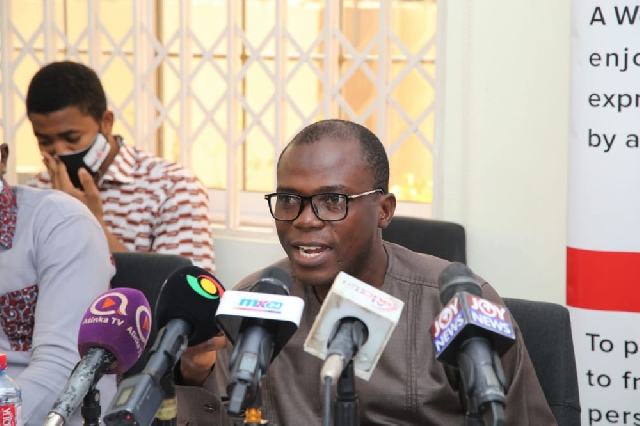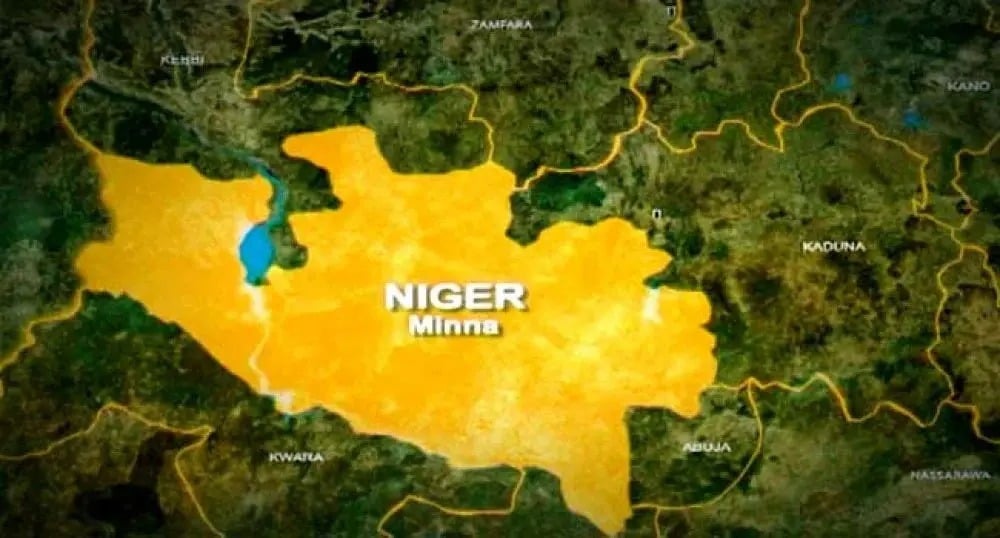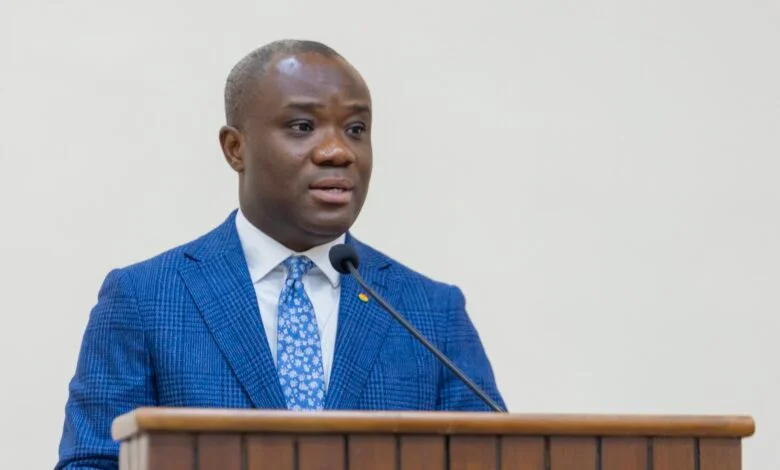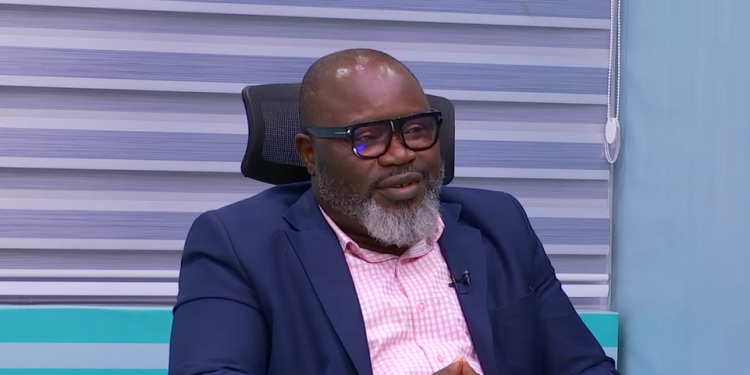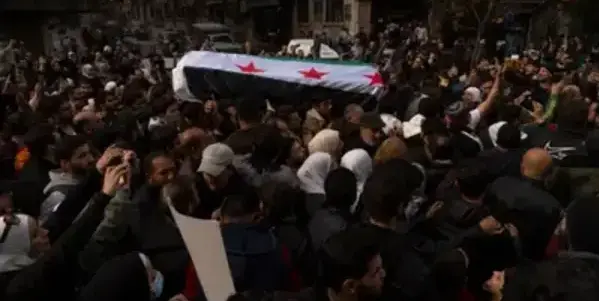In the heart of Damascus, outside al-Mujtahid Hospital, a somber crowd gathers. The walls are plastered with grim photographs—images of bodies, victims of years of relentless torture. Apexnewsgh reports
Families sift through the poignant reminders, desperately searching for missing loved ones. Yet, for many, their search ends in heartache as they leave without answers.
A young woman, her black ponytail swaying as she strides away from the wall, breaks the silence with a piercing shriek. “You knew about this. You always knew!” Her voice trembles with anger as she demands accountability for the suffering. The crowd remains hushed until a man quietly offers, “God will have his justice after death.” She storms off, her disbelief echoing in the air. “What God?” she retorts. “I don’t believe in God.”
According to the Syrian Network for Human Rights, an estimated 100,000 individuals are unaccounted for in Syria’s shattered prison system, although many locals suspect the true figure is much higher. Under the regime of Bashar al-Assad, arrests were often made for mere accusations of dissent against the government.
As the citizens of Damascus navigate their daily lives—a struggle that includes waiting in long lines for bread or finding solace in rituals of newfound freedom—the shared anguish is palpable. A man at a bakery asserts the grim reality: “Every family in Damascus is missing someone.” Amid the sorrow, one woman, Hiba al-Sadfy, claims her family’s fortune, having not lost anyone directly. However, her husband, Anas al-Nesmeh, speaks of his time in prison, where the cries of the tortured still haunt him.
“The driver was arrested, and they thought I was sending food to rebels,” Nesmeh recounts, revealing the horror of his three-year imprisonment where starvation and brutality were rampant. Marked by the scars of his past, his wife points to the lingering wounds on his wrists and back—evidence of his torment.
Not far from the hospital, the community mourns the loss of Mazen al-Hamada, a young man who succumbed to the tortures of prison. Initially incarcerated for smuggling baby food to needy families, he later became an international voice advocating for Syrian torture victims after fleeing to Europe. His haunting testimony, where he described the unimaginable atrocities he witnessed, resonates deeply with those attending his funeral.
As al-Hamada’s body is carried through the streets, a procession emerges, draped in a rebel flag that has now transformed into a symbol of their struggle. The mood shifts as grief morphs into a demand for justice; chants rise to the heavens, proclaiming, “The people of Syria are one!” and calling for the execution of those responsible for their suffering.
The visible signs of dissent are unmistakable—posters of Assad, once symbols of his regime, are torn down and trampled underfoot as locals express their unrelenting anger. In a vivid act of defiance, one poster is placed on the ground at the entrance of the ancient market, an invitation for passersby to step on the face of the fallen dictator.
In this atmosphere of grief and resistance, the people of Damascus are united, sharing a collective pain that transcends personal loss. Each search for the missing is a plea for justice, a cry that reverberates through the alleys and streets of a city scarred but not broken.
Source: Apexnewsgh.com

